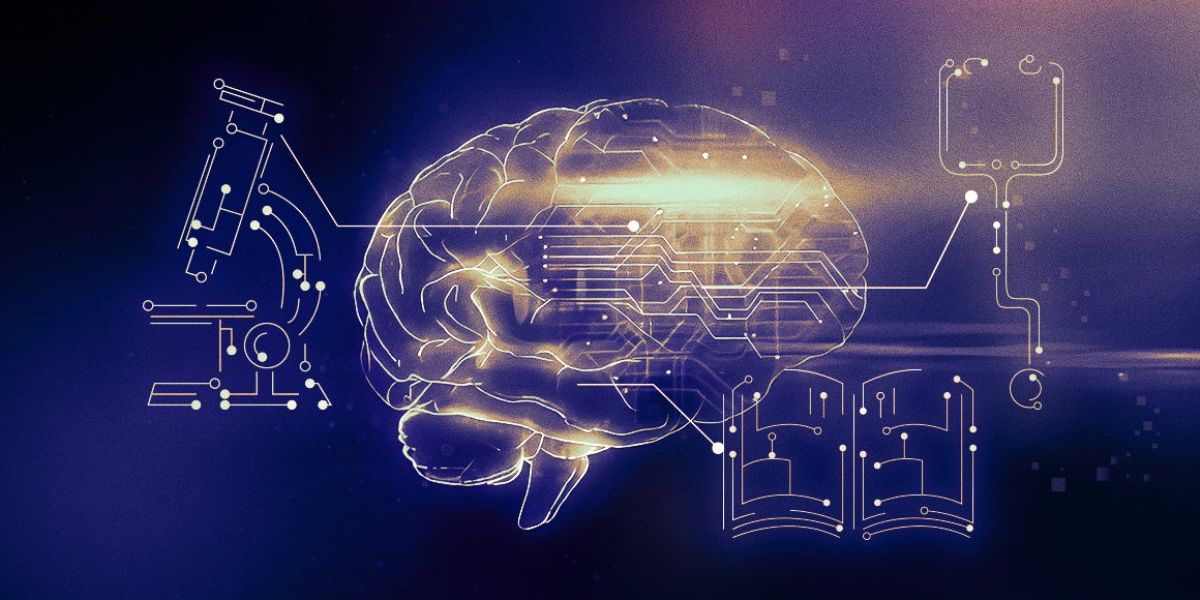
In the fast-evolving landscape of technology, the fusion of Artificial Intelligence (AI) with operating systems is reshaping the digital realm. In this deep dive, we explore the phenomenon of Neural OS, a groundbreaking integration of AI into the fabric of next-gen operating systems, poised to revolutionize how we interact with our devices.
Unveiling Neural OS: A Paradigm Shift in Operating Systems
In a world dominated by traditional operating systems, Neural OS emerges as a disruptive force. Unlike its predecessors, Neural OS leverages the power of machine learning, enabling devices to adapt, learn, and predict user behavior. This marks a paradigm shift from static to dynamic systems, enhancing efficiency and user experience.
Understanding the Core: How Neural Networks Drive Neural OS
At the heart of Neural OS lies intricate neural networks. These networks mimic the human brain’s ability to learn, allowing the operating system to continuously evolve. From recognizing patterns to understanding user preferences, Neural OS transforms devices into intelligent companions.
The Marriage of AI and User Interaction
Neural OS transcends conventional human-computer interaction. With advanced Natural Language Processing (NLP) and sentiment analysis, the operating system comprehends user commands, anticipating needs, and delivering a personalized experience. This dynamic interaction sets Neural OS apart in the digital landscape.
The Impact on Device Performance
Optimizing Resources: Neural OS at its Core
Neural OS optimizes device resources by intelligently allocating processing power based on usage patterns. This results in faster response times, seamless multitasking, and an overall enhancement in device performance.
Adaptive Power Management: Prolonging Battery Life
One of the standout features of Neural OS is its adaptive power management. By learning usage patterns and prioritizing tasks, the operating system efficiently manages power consumption, leading to extended battery life—a crucial aspect in today’s mobile-centric world.
Security Reinvented: Neural OS Fortifying Digital Fortresses
Proactive Threat Detection: Predicting Security Breaches
In the realm of cybersecurity, Neural OS takes a proactive stance. By analyzing user behavior and identifying anomalies, the operating system can predict and thwart potential security breaches, adding an extra layer of defense against evolving cyber threats.
Biometric Authentication: A Seamless Security Experience
Neural OS introduces a seamless biometric authentication system. Leveraging facial recognition, voice prints, and behavioral biometrics, the operating system ensures secure access while eliminating the hassle of traditional passwords.
Integrating Neural OS Across Devices
Universal Compatibility: A Unified Ecosystem
Neural OS paves the way for a unified ecosystem across devices. Whether it’s smartphones, tablets, or smart appliances, the operating system creates a seamless experience, allowing users to transition effortlessly between their gadgets.
IoT Harmony: Connecting the Digital Dots
With the Internet of Things (IoT) becoming ubiquitous, Neural OS becomes the orchestrator of interconnected devices. It ensures a harmonious interaction between devices, streamlining tasks, and enhancing overall user convenience.
Final Words: Navigating the Future with Neural OS
As we traverse the digital frontier, Neural OS stands as a beacon of innovation, reshaping our relationship with technology. Embracing artificial intelligence, this next-gen operating system promises a future where devices understand, adapt, and evolve alongside their users.
Commonly Asked Questions
Q1. How does Neural OS impact device performance?
Neural OS optimizes device resources, leading to faster response times and efficient multitasking. It adapts power management, extending battery life.
Q2. Can Neural OS be integrated into existing devices?
While the implementation may vary, Neural OS is designed for universal compatibility, allowing integration into a wide range of devices.
Q3. What sets Neural OS apart in terms of security?
Neural OS employs proactive threat detection and biometric authentication, providing a robust defense against cyber threats.
Q4. How does Neural OS enhance user interaction?
With advanced NLP and sentiment analysis, Neural OS revolutionizes user interaction by understanding commands and anticipating user needs.
Q5. Is Neural OS limited to specific devices?
No, Neural OS is designed for a unified ecosystem, ensuring compatibility across a variety of devices, from smartphones to smart appliances.
Advertisement








